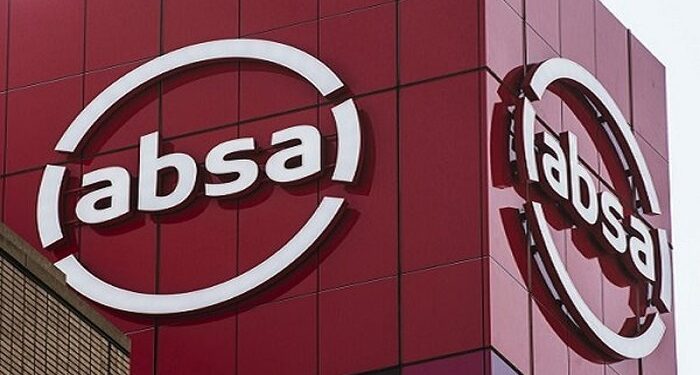Hyperinflation in Ghana costs Absa $21.6 million in profit
Impairments jumped 13%, while the lender’s credit-loss ratio — a measure of bad loans as a percentage of the total book — climbed to 1.18% in the period. That’s above Absa’s target range of 75 to 100 basis points, and ahead of all its peers.
- Advertisement -
Hyperinflation in Ghana cut after-tax profit for Absa Group Ltd. by 403 million rand ($21.6 million), and the South African lender said the effects of price growth in the West African nation could have a “somewhat larger” impact on earnings this year.
Had the Johannesburg-based bank not taken the hit for the year through Dec. 31, its earnings would have surpassed those reported in 2022.
- Advertisement -
“The impact of hyperinflationary accounting is dependent on the rate of inflation as well as the balance sheet of the operation which you’re applying hyperinflationary accounting to,” acting Financial Director Chris Snyman said in a presentation Monday. “It’s the combination of those things that results in the guidance that we provided — it will increase somewhat from the 2023 position.”
- Advertisement -
Annual consumer-price growth in Ghana surged to a peak of 54% in December 2022, and has remained above 20% since then. The inflation rate unexpectedly rose in January for the first time in six months, reducing chances of a cut in the central bank’s key interest rate, which is at 29%.
Absa’s profit fell for the first time since 2020 after bad loans jumped in its home market of South Africa amid a tepid recovery in consumer confidence and high borrowing costs, the bank said in a filing on Monday.
The bank’s net income fell 1.8% to 19.89 billion rand ($1 billion) in the year ended Dec. 31, missing the median estimate of 21.5 billion rand in a Bloomberg survey.
- Advertisement -
Impairments jumped 13%, while the lender’s credit-loss ratio — a measure of bad loans as a percentage of the total book — climbed to 1.18% in the period. That’s above Absa’s target range of 75 to 100 basis points, and ahead of all its peers.
Absa’s shares fell as much as 4.4% in Johannesburg, the most since Dec. 8. The bank’s costs increased faster than its income, while South Africa’s moribund economy is likely to keep the bad-loan ratio above the bank’s target range, Absa said.
“Absa’s earnings performance is disappointing,” said Adrienne Damant, an analyst at Avior Capital Markets Pty. Rival Nedbank Group Ltd. reported 14% earnings growth, while Capitec Bank Holdings Ltd.’s latest trading update showed that the credit experience improved significantly, she said.
Borrowing costs in South Africa are at the highest since 2009.
- Advertisement -


